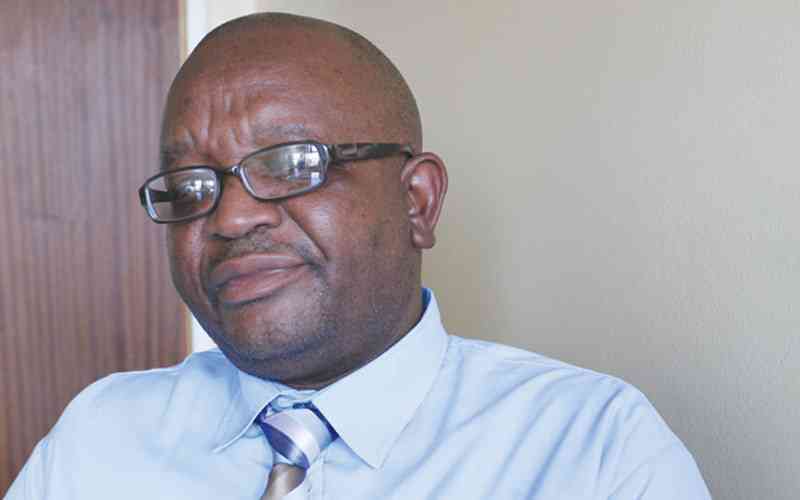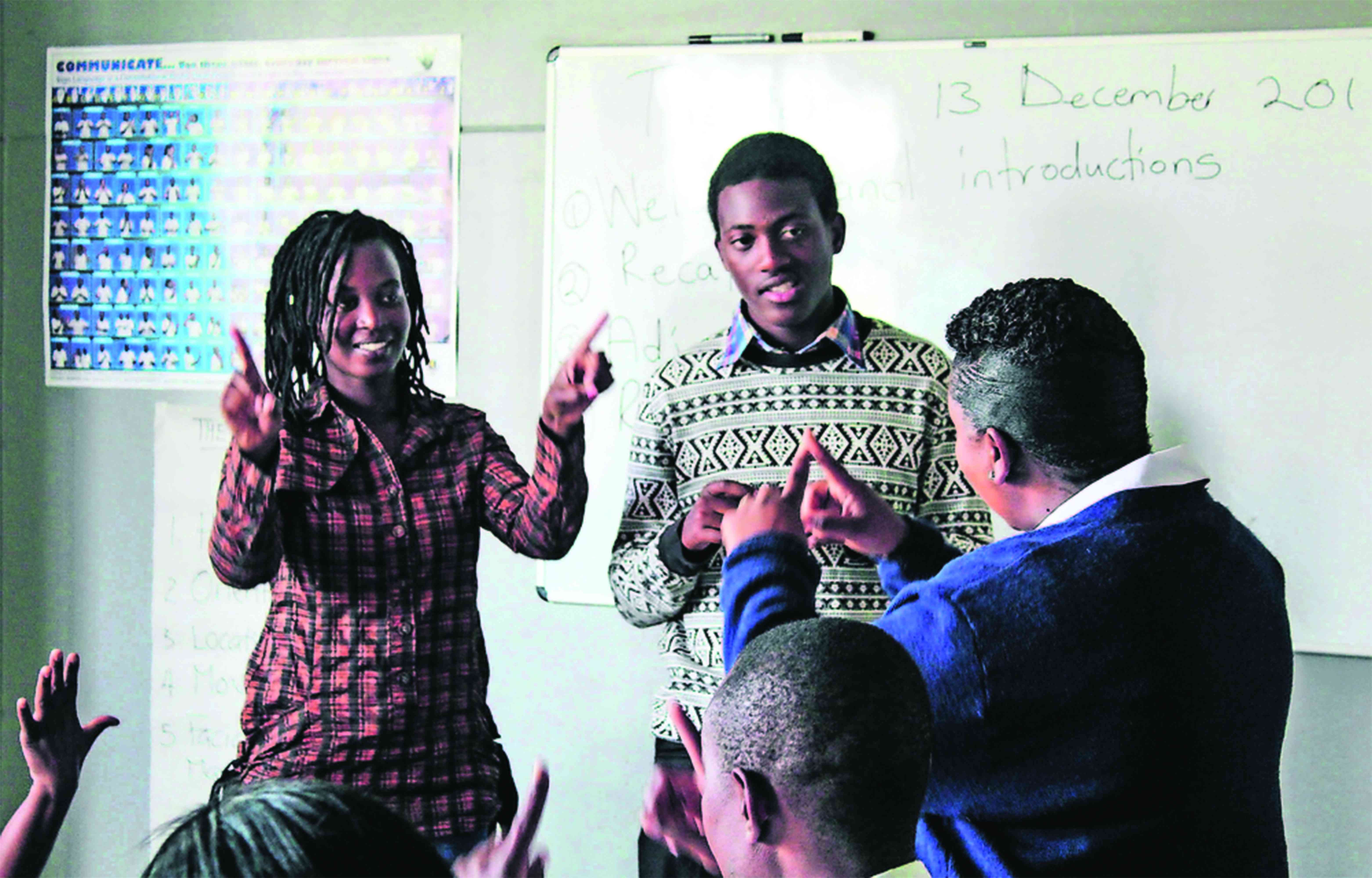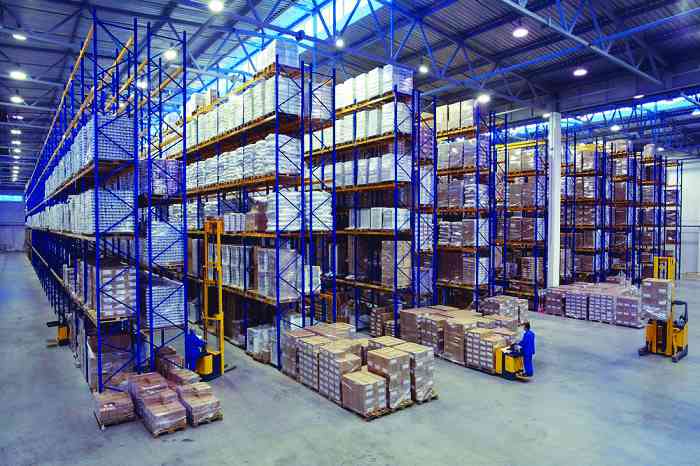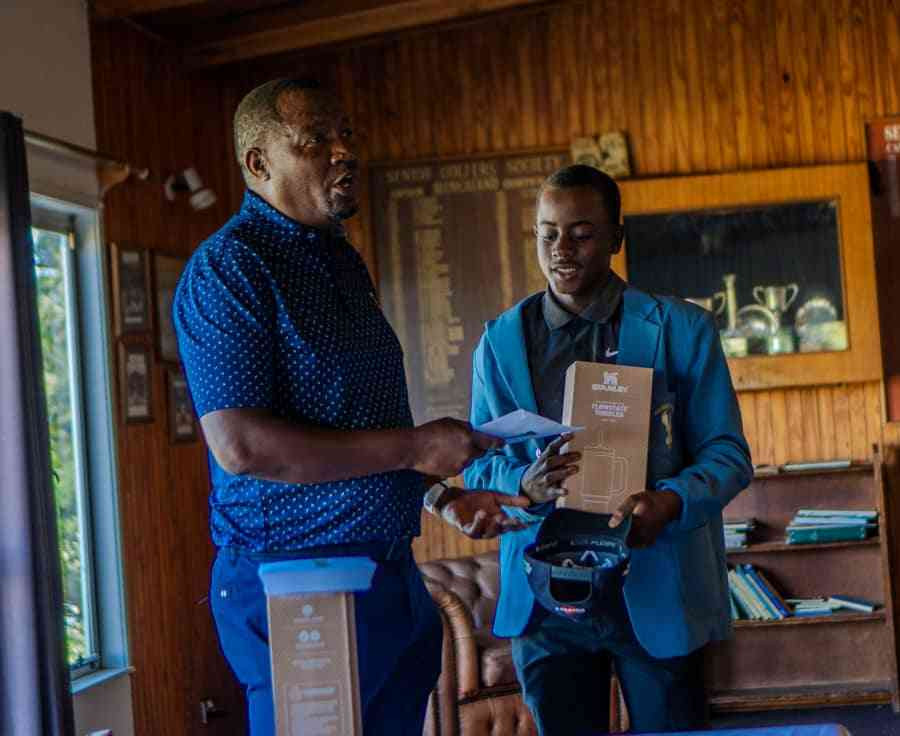
ON January 30, 2023, multiple news outlets, including Moneyweb and Ignite, carried an article that should not have gone unnoticed in any government ministry in Zimbabwe. The article was headlined Why Ramaphosa shouldstudy Indonesia's success model.
The warning behind the article was clear, if President Matamela Cyril Ramaphosa disregards Indonesia’s success model he risks South Africa becoming a failed state.
The advice captured in the article stemmed from the South African Institute of Civil Engineering State of the Infrastructure Report 2022.
The report divided infrastructure in South Africa into 32 segments, for analysis purposes. Of the 32 segments, only 15 were deemed Grade C (satisfactory) or better. Grade B being “good”and Grade A being “excellent”.
The remaining 17 segments fell into either Grade D (at risk of failing)or Grade E (unfit for purpose). The overall grade for South African infrastructure was a D.
The unsatisfactory state of affairs outlined in the 2022 SAICE Report may well have been in existencesince 2013. In that year, investment bank Morgan Stanley identifiedfive emerging economies as "fragile states”. The five countries were South Africa, Indonesia, India, Brazil and Turkey.
To escape the “fragile state” tag, President Joko Widodo of Indonesia addressed his country’s economic woes by accelerating its infrastructure development,particularly between 2014 and 2019,his first term in office.
Since his coming into power, SAICE noted that the Widodo Administration has built over 2000 toll roads, a marked improvement, compared to the 700 roads built over the previous forty years.
- A budgeted stitch in time saves nine
Keep Reading
In addition, the enterprising administration has constructed 16 new airports, 18 new sea ports and 38new dams.
Further to the same, under the Widodo Administration Indonesia's economy grew by over 5% in 2022, it is expected to repeat the feat in 2023.
Indonesia is no longer regarded as a “fragile state” but as South East Asia’s success story. Accordingly, SAICE urged President Ramaphosa to follow the Indonesian example to keep South Africa from sinking into a failed state.
The overall D Grade for infrastructure in South Africa means that infrastructure is poorly maintained and is barely coping with demand.
At this grade, the inadequate and poorly maintained infrastructure is a major obstacle to increasing production, productivity, exports and job creation.
It is a disastrous situation with negative influence on investment and economic growth. SAICE hoped that its State of the Infrastructure Report 2022 would galvanise President Ramaphosa towards more robust engagement with the threat posed by failing infrastructure, particularly in the power generation sector where power outages have, over the past year, become the norm rather than the exception in South Africa. The crisis, as alluded to earlier, did not develop overnight. Revolutionary movements, such as the ANC, are often obsessed with the politics of redistribution and the provision of social services at the expense of infrastructure development, repairs or renewals and ultimately, at the expense of wealth and job creation.
They ignore the vital quest for sovereign intellectual and industrial capability, so as to grow exports and trade. SAICE, and belatedly the South African government, seem aware of this deadly trap.
In 2022, the Ramaphosa Administration produced its first Country Investment Strategy (CIS). In response to the CIS, the 2022 SAICE Report called on the South African government to take a measured and scientific approach towards infrastructure maintenance and construction. SAICE recommended that the way forward should include the following three aspects:
Growing gross fixed capital formation (GFCF)through investment in plants, machinery, equipment and buildings-
In the CIS, the government pledged to grow the GFCF from a lowly 15% of GDP in 2021 to 30% by 2030. For some perspective, the highest GFCF reported post South African independence is at 23,5% of GDP in 2008.
Providing a centralised comprehensive master plan that connects CIS to all other sectors of the economy, such as agriculture, mining, education, telecommunications and health, with a goal of improvingtotal-factor productivity: Greater cohesion between road, rail and port infrastructure is of crucial importance to increasing production and exports.
To increase efficiency, the strain on roads needs to be reduced by transferring heavy and bulk cargo as well as passengers towards rail transport.
SAICE hoped that President Ramaphosa would, in his 2023 Sona, unveil a cohesive, integrated and inclusive master plan, whichaddressed the financing of specific projects.
In this regard, the role of privatisations, public private partnerships, initial public offerings and regulated access by third parties to projects such as rail transport and power generation, were expected to be raised.
Monitoring and maintaining current, and newly constructed, infrastructure so that it remains at Grade C or better:
SAICE advocated for the use of artificial intelligence, known as "Digital Twin", which creates a virtual replica of physical infrastructure and uses shared data to monitor the state of the same. Digital Twin predicts when and where repairs, maintenance and renewals are needed. It ensures that a budgeted (proverbial) stitch in timesaves nine. Digital Twin is a step ahead of planned maintenance, saves money and has a high likelihood of greatly improving productivity in the maintenance of infrastructure.
South Africa's 2023 State of the Nation Address
On February 9 2023, President Ramaphosa delivered his much-anticipated Sona. As expected, infrastructure construction, repairs, renewals, management and funding were addressed. SAICE noted with satisfaction that the President mentioned the word "infrastructure" a whopping 19 times.
There is no doubt that it is crisis time in South Africa and that firefightingis the only option on the table.
All state-owned enterprises are to be put under one administrative body; The energy sector has been declared a “state of disaster” and a new Minister of Electricity is to be appointed;
Long delayed dam construction on the Lesotho Highlands is to begin owing to water shortages in the industrial heartland of Gauteng Province;5G is needed countrywide to improve telecommunication and connectivity; andRail transport and ports are to be overhauled so that they may regain world class status.
In this regard, the South Africa National Defence Force (SANDF) engineering Corps has been deployed to build better rural bridges.Importantly, Ramaphosa has conceded that the urgently required corrective action faces formidable barriersin the form of:
Corruption;
Government bureaucracy and ineffectiveness; and
Poor regulatory frameworks.
A trio of factors recognised by the World Bank as contributing to poor governance.
In acknowledgement of the trillions of rands, which need to be raised for CIS before 2028, investment conferences have been lined up.
In the interim, South Africa's Treasury will follow up the SONA with its National Budget.It will then become apparent, if it is not already, that there is not enough money onshore and that additional funds have to be mobilised globally.
It is recommended that, to complement the CIS, foreign direct investment should be mobilised for funding the recovery and growth of the mining and manufacturing sectors.
The creation of industry, service and manufacturing jobs that make full use of, and pay for, any investment in infrastructure is of vital importance.
An industrial policy should be an integral part of South Africa’s master plan.
The State should not be shy to roll up its sleeves in partnership with domestic and foreign direct investment, be it in the textile sector, heavy engineering, IT sector or otherwise.
On a positive note, both the commitment shown and the candid admission of failure give a ray of hope that South Africa has a better future.
A lesson can be learnt, both home and abroad, from the School of Hard Knocks. Long live the struggle!
Nyandoro is a pharmacist by profession. He holds a Pharm (Hon) from the University of Zimbabwe. These weekly New Perspectives articles, published in the Zimbabwe Independent, are coordinated by Lovemore Kadenge, an independent consultant, managing consultant of Zawale Consultants (Pvt) Ltd, past president of the Zimbabwe Economics Society and past president of the Chartered Governance & Accountancy Institute in Zimbabwe (CGI Zimbabwe). — kadenge.zes@gmail.com or mobile: +263 772 382 852










